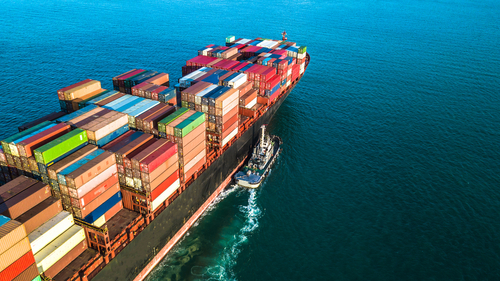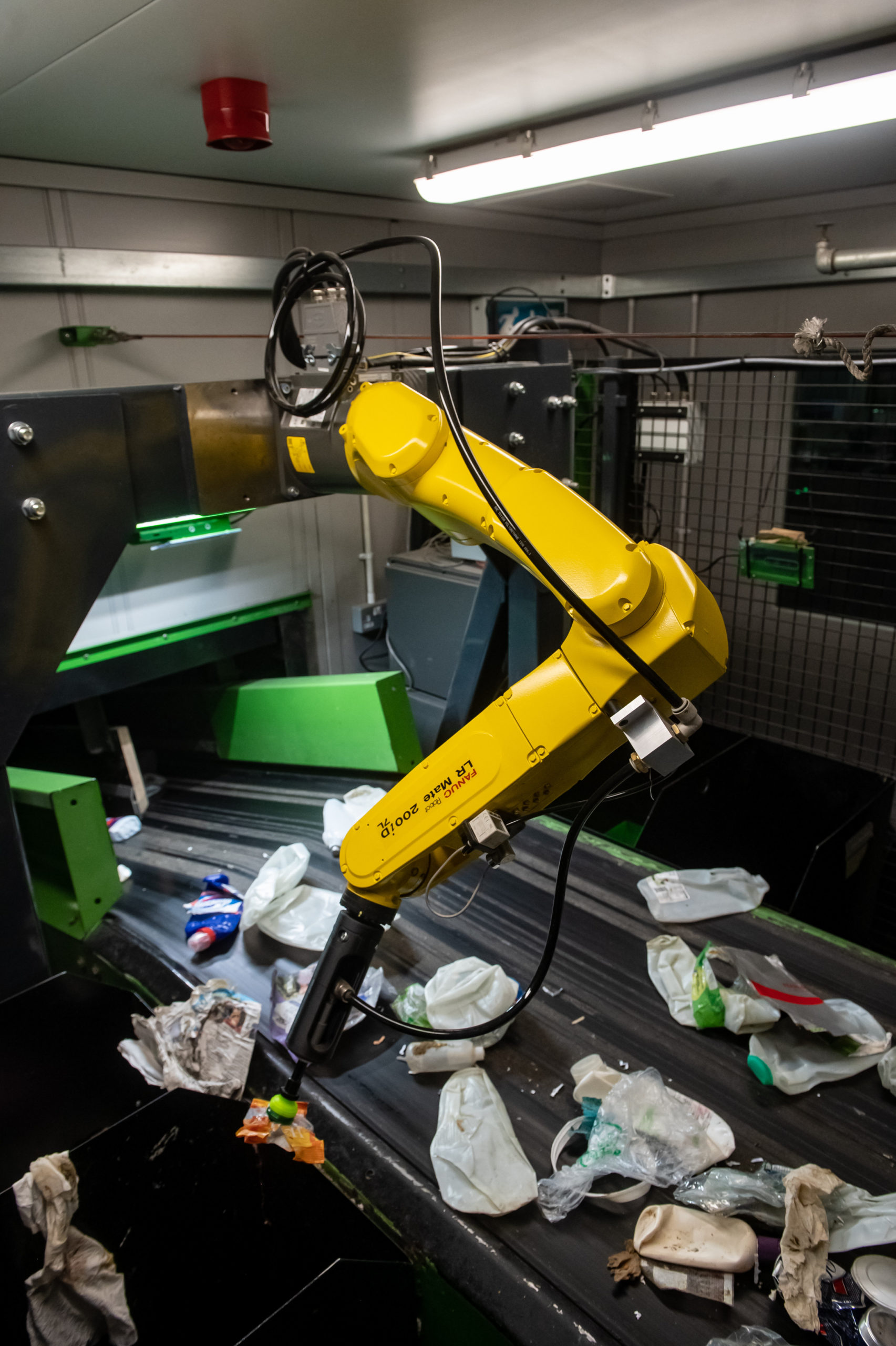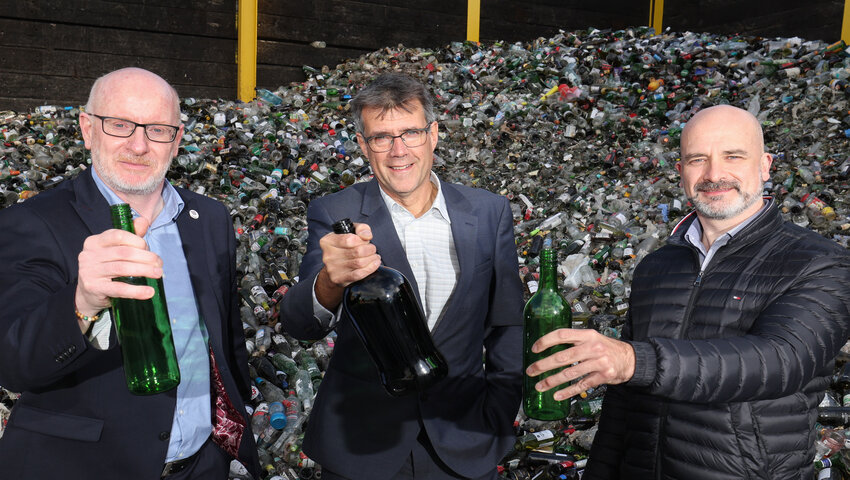In response, waste management company Re-Gen Waste agreed on the need for standardised collections but claimed they should be commingled as “the most household-friendly scheme”.
On 13 October, businesses Encirc, Enva and Bryson Recycling and environmental campaigners Friends of the Earth launched the ‘Keep Recycling Local’ campaign.
The campaign called on local government and councils in Northern Ireland to adopt policies and collection services “that incentivise local reprocessing rather than the export of recyclables”.
This includes adopting a three-stream approach by collecting glass, paper and cardboard, and other materials such as plastics, cans, and cartons separately.
The group claimed that Northern Ireland exports approximately 90,000 tonnes of recyclables collected from households, but “much of this can’t be recycled or used locally because it is poorly sorted and contaminated.”
Encirc and Enva say they must import materials from abroad to supply their respective plants in Counties Fermanagh and Antrim.
By contrast, Re-Gen says increasing the volume of recycling materials is “the priority” and commingling means householders do not need to be concerned about which material goes into which box. Once the material has been collected, it can be sorted and sent to reprocessors across the UK, the Republic of Ireland or mainland Europe, Re-Gen says.
The consistent collections consultation launched by Defra only applies to England, but the Northern Irish Assembly is thought to be monitoring the situation.
Imports
At the campaign launch, glass container manufacturer and bottler Encirc’s head of sustainability, Fiacre O’Donnell, said his company had to import material because glass collected from households locally was contaminated during collections by being mixed with other materials in commingled bins.

He said this meant councils were having to spend millions “shipping these materials as far as India and Thailand”.
Barry Phillips, campaign partner and director of waste management company Enva, said this was a “major problem” that could be sorted “pretty easily” by collecting recycling separately. He also claimed this would save ratepayers and local businesses “millions” every year.
“As the people tasked with recycling these materials, we see on a daily basis that mixing materials during collections, such glass, paper, cardboard, and plastics, simply doesn’t work,” Mr Phillips said.
‘Quality issues’
Waste management company Bryson operates a materials recycling facility (MRF) in Mallusk and claims to be “Northern Ireland’s largest recycling collector”.

The company’s director, Eric Randall said all the glass collected mixed in wheelie bins in Northern Ireland was exported “due to quality issues”, while only 15% of plastics collected mixed with glass and other materials was recycled domestically.
Adopting the three-stream approach would ensure that 80% of materials collected in Northern Ireland could be recycled locally, he claimed, compared to the current figure of around 10%.
Mr Randall said: “This will save cash-strapped councils millions each year, provide better value for money for rate payers, save local businesses millions and enable them to be more competitive.”
Commingling
However, in a statement given to letsrecycle.com, Joseph Doherty, Re-Gen’s managing director, called on councils to “get behind” the commingled system, “to make recycling easier for their householders, increase the recycling rate and let the recycling experts sort the materials.”

Mr Doherty said Re-Gen had invested £9 million in its MRF in Newry over the last five years. “The quality is better in a plant with artificial intelligence. The recycling and resource sector needs to embrace the easiest and most convenient method for householders,” Mr Doherty said.
“There are plenty of issues with rising costs of energy, food and fuel. The last thing householders need to be concerned about is which material goes into which box. They shouldn’t have to do any of the work.”
Supply
Mr Doherty said his Newry facility had the technology to separate cardboard and paper from the other materials in the commingled bins.
Increasing the volume of recycling materials across the board will contribute to jobs in Northern Ireland
Re-Gen delivers cardboard and paper to nearby consumer packaging company Huhtamaki for the manufacture of egg boxes. “Richard Smith, the general manager of Huhtamaki, recently said that his company needs a good supply of raw material both now and in 10 to15 years,” Mr Doherty said. “As a local supplier of cardboard and paper to Huhtamaki, I totally agree with him.
“Increasing the volume of recycling materials across the board will contribute to jobs in Northern Ireland and they will be in engineering and mechatronics, robotics, data analytics, vehicle maintenance and the emerging reuse market.”
Re-Gen carried out a survey with research firm Lucid Talk earlier this year and says it found that councils that commingle with glass have higher recycling rates than those operating the box system (see letsrecycle.com story).












Subscribe for free